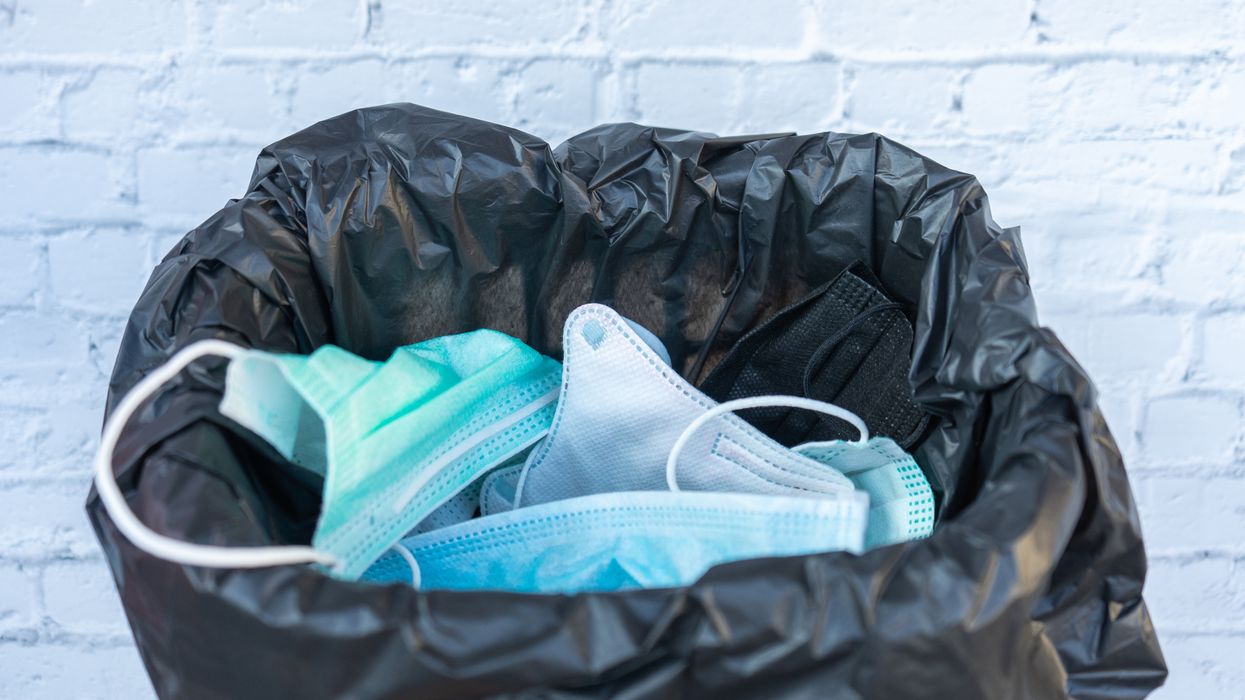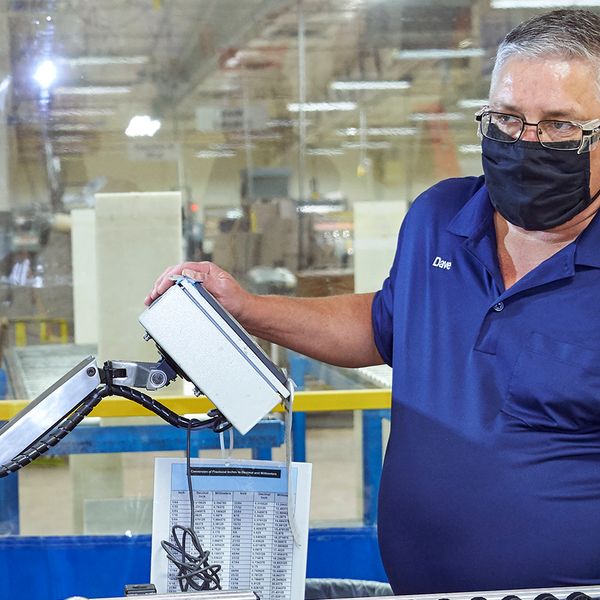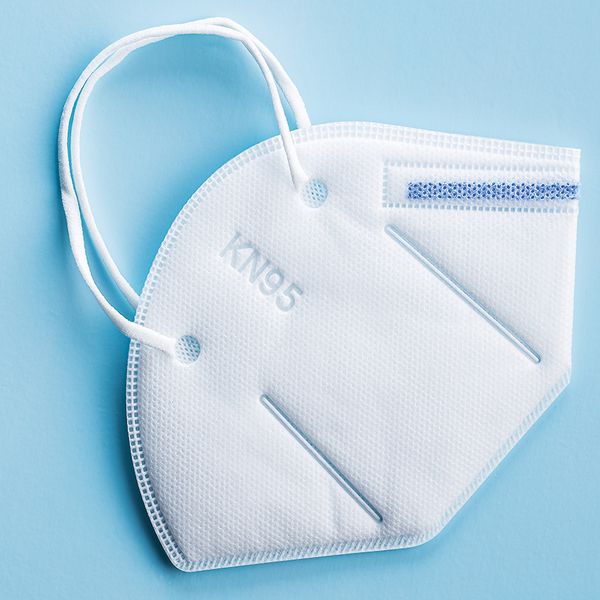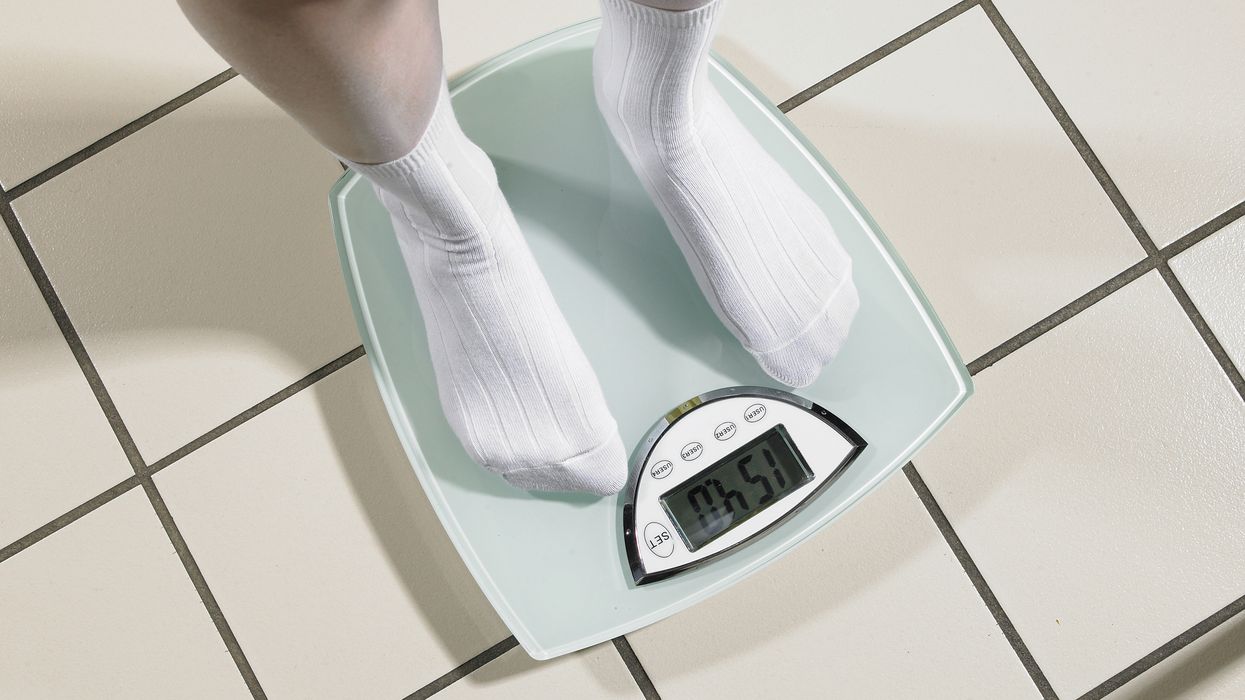Waste from COVID-19, particularly masks, takes an environmental toll
Face masks, and disposable N95 masks in particular, have become indispensable personal protective equipment (PPE) for health care workers amid the COVID-19 pandemic. A study from the Massachusetts Institute of Technology (MIT) has examined the costs, both financial and environmental, of the resulting waste associated with masks along with reuse strategies that may help decrease these costs.
It is estimated that the COVID-19 pandemic could generate up to 7,200 tons of medical waste per day, and disposable masks (which take a long time to degrade) make up a large portion of it. MIT’s analysis, published in the British Medical Journal Open, estimated respirator waste and modeled the potential effects of reuse strategies based on data collected during the first six months of the pandemic (late March 2020 to late September 2020). The paper’s findings demonstrated a 75 percent drop in cost and environmental waste when a decontamination and reuse strategy for N95 masks is implemented rather than using a new mask for every patient encounter.
The study also examined the potential impact of a reusable N95 mask made of silicone rubber and containing a filter that may be either discarded or reused after sterilization. One of the study’s authors, Giovanni Traverso, has been working alongside colleagues to develop, refine, and test such a mask. Their company, Teal Bio, hopes to seek regulatory approval for the PPE later this year and emphasizes that while cost and environmental impact are important factors, the effectiveness of the mask is naturally a top priority.
The analysis calculated the following costs and waste associated with three different masking strategies:
- Using a new N95 mask for each patient encounter would result in a cost of $6.4 billion and 84 million kilograms of waste (which, for context, is the equivalent of 252 Boeing 747 airplanes).
- Reusing N95 masks decontaminated with hydrogen peroxide or ultraviolet light significantly drops the cost to between $1.4 billion and $1.7 billion, with resulting waste weighing in at 13 million to 18 million kilograms (or 39 to 56 747 airplanes).
- Reusable, silicone N95 masks with reusable filters would even further reduce costs to $831 million with a waste total of 1.6 million kilograms (just five 747s).
Key to remember: Disposable masks are taking an environmental toll during the COVID-19 pandemic, and respirator reuse strategies as well as new PPE innovations are providing opportunities to reduce both waste and cost.





















































